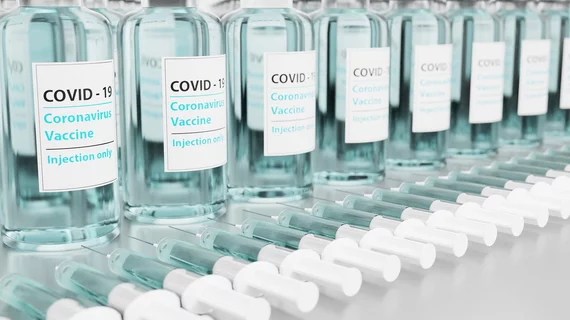CDC director slams agency's response to COVID-19 pandemic
Rochelle P. Walensky, MD, MPH, director of the Centers for Disease Control and Prevention (CDC), slammed the agency for failing to respond to the COVID-19 pandemic quickly enough, according to a report from The New York Times.
Her remarks came during a senior staff meeting Aug. 17, with Walensky, formerly chief of the Division of Infectious Diseases at Massachusetts General Hospital and professor of medicine at Harvard Medical School, outlining a broad plan to reorganize the agency to meet public health needs and prevent future outbreaks. Facing heavy criticism for the CDC’s COVID-19 response, Walensky ordered an external review of the agency in April. Her message this week offered an unspecific plan to overhaul the CDC, released in a video to all CDC employees.
“For 75 years, CDC. and public health have been preparing for Covid-19, and in our big moment, our performance did not reliably meet expectations,” she said Wednesday. “My goal is a new, public health, action-oriented culture at CDC that emphasizes accountability, collaboration, communication and timeliness.”
Among the changes, Walensky announced the appointment of Mary K. Wakefield, a former Obama administration health official who will lead the CDC’s shift to a stronger public health focus, the NY Times reported.
Walensky’s plan comes as the CDC is dealing with outbreaks of two other infectious diseases causing concern––monkeypox and polio.
See the full story below:

